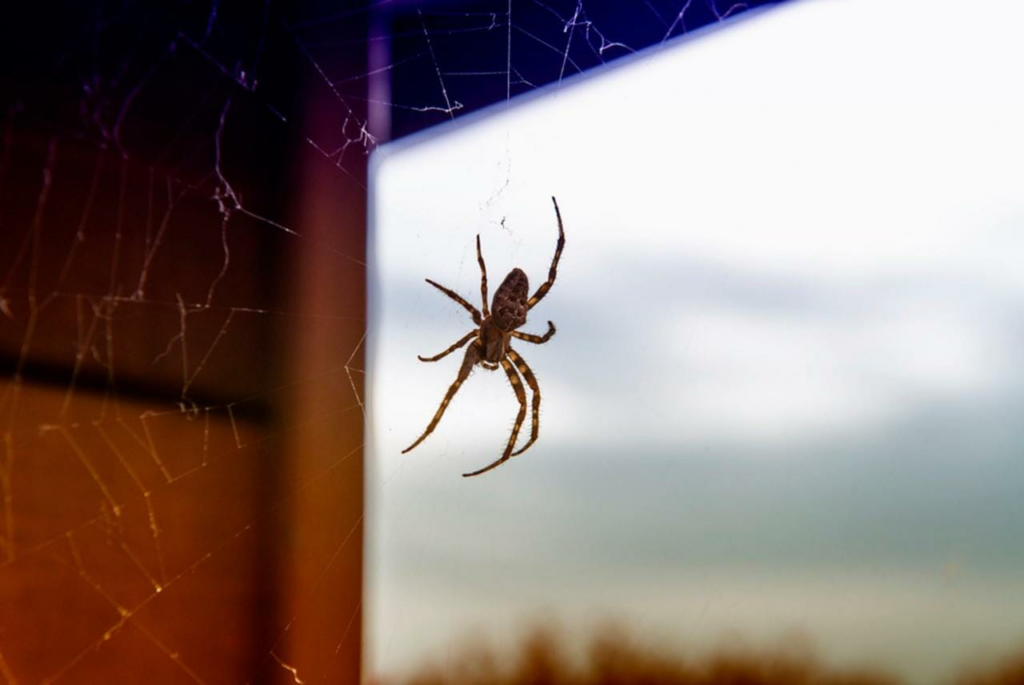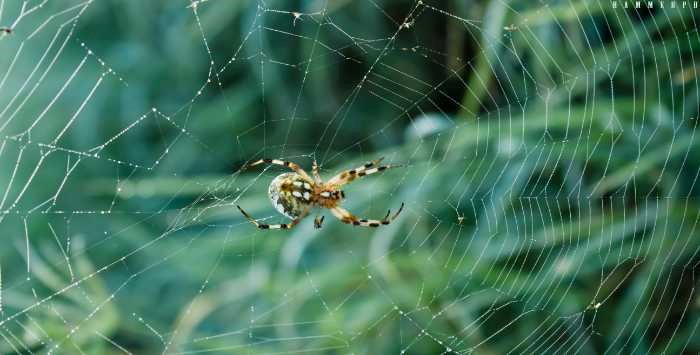Introduction
Spider and Cobweb Removal – Spiders and cobwebs are not only unsightly but can also pose health risks and discomfort in your home. In this comprehensive guide, we will explore effective methods to get rid of spiders and cobwebs, ensuring a clean and safe living environment for you and your family.
Why Spiders and Cobwebs Are Problematic
Spiders, although beneficial in controlling insect populations, can become a nuisance when they invade your living spaces. Cobwebs not only collect dust but also give an unkempt appearance to your home. Additionally, some spider species are venomous, posing a threat to your well-being, especially if you have young children or pets at home.

Identifying Common Spider Species -Spider and Cobweb Removal
Before tackling the issue, it’s essential to know your enemy. Understanding the common spider species in your area helps in adopting targeted removal strategies. Some spiders prefer dark, damp areas, while others thrive in dry, warm places.
Understanding Spider Behavior
Spiders have unique behaviors and habits that influence their choice of habitats. Knowing their preferences can aid in prevention. Some spiders prefer corners, while others dwell in cracks and crevices. By understanding their behavior, you can create an environment that discourages them from taking residence in your home.
Prevention Tips – Spider and Cobweb Removal
Preventing spiders and cobwebs is the key to long-term control. Seal cracks and gaps in windows and doors, keep the house clean and clutter-free, and trim plants and trees near your home. These simple steps can significantly reduce the chances of spiders and cobwebs appearing.
Natural Remedies for Spider Repellent – Spider and Cobweb Removal
Several natural remedies act as effective spider repellents. Peppermint oil, vinegar, and citrus peels are known to deter spiders. By strategically placing these items around your home, you can create a spider-free zone without resorting to harmful chemicals.

Cleaning Techniques for Cobweb Removal
Regular cleaning is crucial to keep cobwebs at bay. Use a long-handled duster or a vacuum cleaner with an extension wand to reach high corners and ceilings. Pay special attention to basements, attics, and garages, as these are common spider hideouts.
Using Essential Oils as Spider Deterrents – Spider and Cobweb Removal
Essential oils like lavender, tea tree, and eucalyptus are natural spider repellents. Mix a few drops of these oils with water and spray the solution in spider-prone areas. Not only will your home smell pleasant, but spiders will also steer clear of these aromatic barriers.
Professional Pest Control Services – Spider and Cobweb Removal
If your spider infestation persists, consider hiring professional pest control services. Pest control experts have the knowledge and tools to tackle severe spider problems effectively. They can identify the root cause of the infestation and provide targeted solutions.

How to Deal with Spider Bites – Spider and Cobweb Removal
In case of a spider bite, it’s crucial to identify the spider species if possible. Clean the bite area with soap and water, apply a cold compress, and keep the affected limb elevated. Seek medical attention if the symptoms worsen or if the spider is venomous.
Maintaining a Spider-Free Environment
Once you’ve successfully eliminated spiders and cobwebs from your home, it’s essential to maintain a spider-free environment. Regular cleaning, sealing entry points, and using natural repellents can help in preventing future infestations.
FAQs about Spider and Cobweb Removal – Spider and Cobweb Removal
Q1: Are all spider species harmful? A1: No, most spiders are harmless and beneficial as they control insect populations. However, some species are venomous and can pose health risks.
Q2: Can I use chemical pesticides to get rid of spiders? A2: While chemical pesticides are effective, natural remedies like essential oils and vinegar can repel spiders without harming your health or the environment.
Q3: How often should I clean my home to prevent spider infestations? A3: Regular cleaning, at least once a week, especially in corners, ceilings, and hidden spaces, can significantly reduce the chances of spider infestations.
Q4: How do I identify a venomous spider bite? A4: Venomous spider bites may cause redness, swelling, pain, and, in severe cases, nausea and dizziness. If you suspect a venomous bite, seek medical attention immediately.
Q5: Are there any plants that repel spiders? A5: Yes, plants like lavender, mint, and chrysanthemums contain natural compounds that deter spiders. Planting them around your home can help in spider prevention.
Conclusion
By following these proactive measures, you can effectively get rid of spiders and cobwebs from your house, ensuring a clean and safe living environment. Remember to stay vigilant, keep your home clean, and utilize natural remedies to maintain a spider-free space. If you encounter persistent issues, don’t hesitate to seek professional assistance. A spider-free home is just a few steps away!

